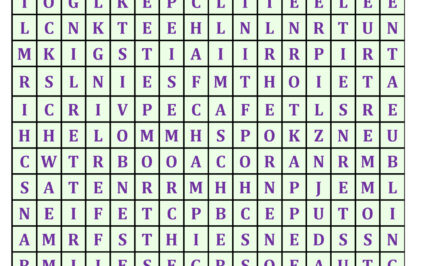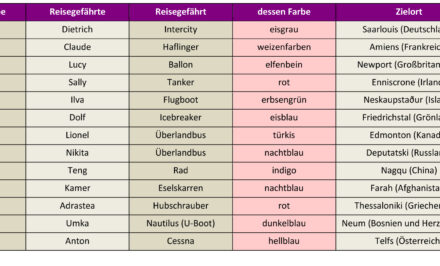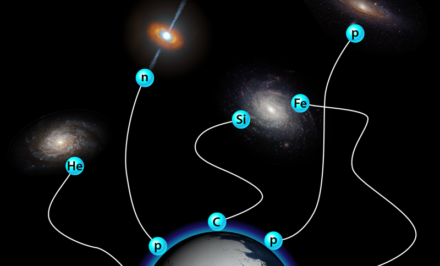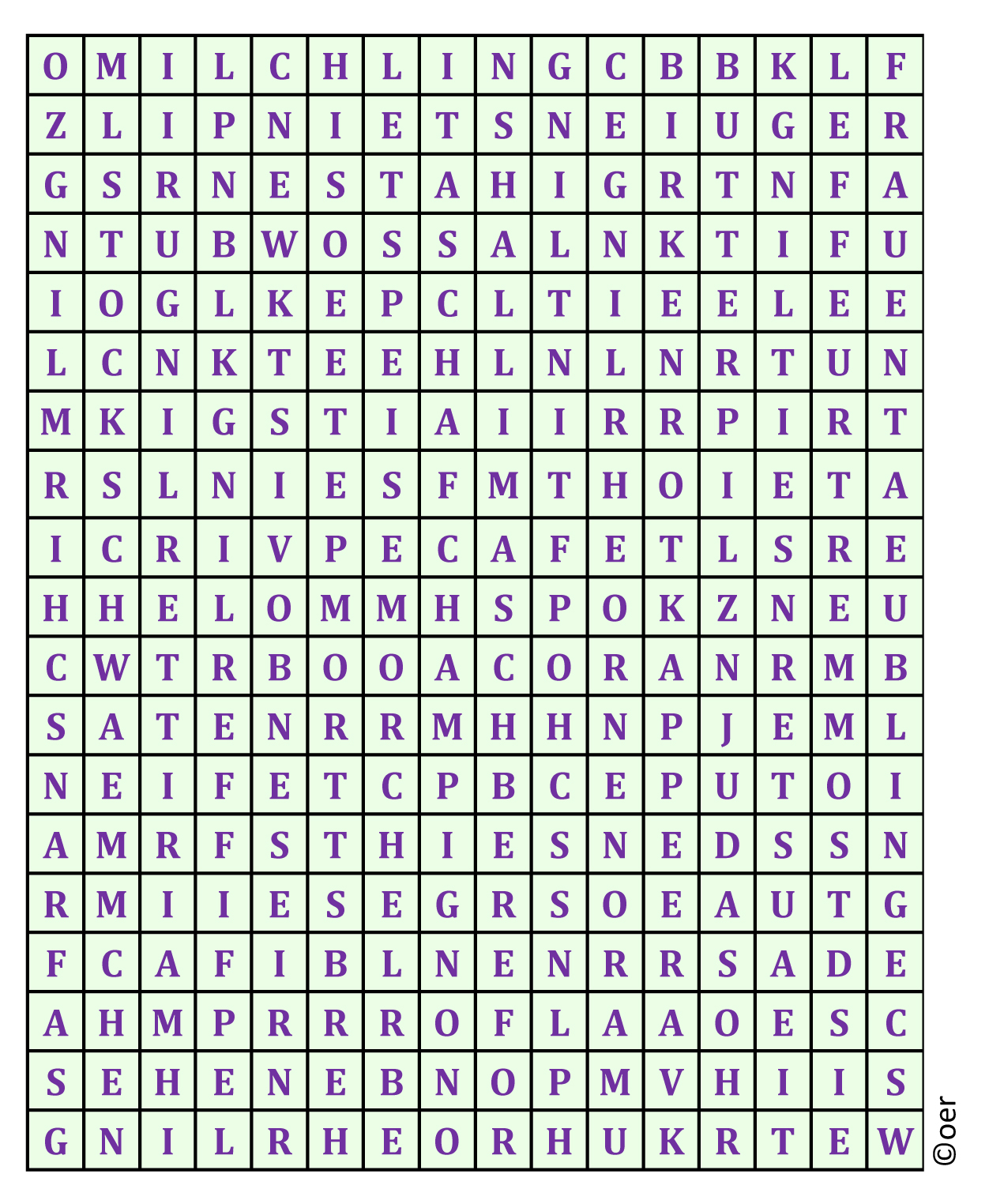Wie wird deutschsprachige Literatur eigentlich im Ausland aufgenommen? CULTurMAG wirft einen ungewöhnlichen Blick auf aktuelle Neuerscheinungen. Lucy Renner Jones übersetzt (u.a.) deutschsprachige Literatur ins Englische – und klopft für uns in unregelmäßigen Abständen Neuerscheinungen interessanter Autoren auf ihre Aussichten auf dem englischsprachigen Markt ab. Diesmal hat Sie Doris Knechts Roman „Wald“ gelesen.
 A disenchanting move to the countryside
A disenchanting move to the countryside
There are plenty of books and films that deal with the topic of Man in the Wild, trying to ‘find’ himself. The gruesome but marvellous Grizzly Man springs to mind, or Into The Wild – those gritty, man-against-nature flicks, where ice-cold streams bring sharp insight, or longed-for clarity of vision. But you name one film or book where the woman sets off and tries to ‘find’ herself. Reese Witherspoon in Wild is quite a huge exception to this rule, but that’s about it.
Marian, the protagonist in Doris Knecht’s latest book Wald (Forest), is not looking for enlightenment when she decamps to the Austrian countryside. And it isn’t her search for identity that has her running away from a cosseted lifestyle in Vienna as a fashion designer: she’s forcibly evicted by the financial crisis. She loses every penny she has. Without this force majeure, it’s likely that she would have carried on her lifestyle – buying extortionately expensive mud masks, for example, or splashing out on red lacquered stilettoes, which always guarantee her a one-night stand. After the financial crash, she has no choice but to retreat to her deceased aunt’s house in the woods. There she has time to think about what has gone wrong in her life. She does this, however, while learning how to shoot deer and go fishing, baking bread and growing vegetables to stay alive. The locals don’t take to her, so her new home is not an idyll; she perceives it as the harsh experience of living in a close-knit rural community with a clear hierarchy. After an initial run-in with Franz (the taciturn forester/local landowner/man-with-a-Land-Rover), he takes Marian under his wing and provides her with essentials like firewood. But the price is that she turns into his ‘whore’:
Was hatte sie geschuftet für ihr Geld, und wenn sie sich manchmal ihren Stundenlohn ausrechnete, war der zum Heulen. Insofern. Hart, manchmal sehr hart verdientes Geld. Aber wenn sie es dann ausgab, wenn sie bezahlte damit: Alma Boots von Acne, in zwei Farben gleich, Seven-For-All-Mankind-Jeans, die auch nicht besser passten als ihre eigentliche Lieblingsjeans von Mango, Schuhe, Schuhe und Schuhe, ein teurer Edelstahl- Entsafter für die Green Juices, die auf einmal alle tranken und trinken mussten, Schuhe, Brot, Toast, Salami, Butter, Sojamilch, mindestens eine teure Designertasche pro Jahr, ein Fahrrad, Designermöbel, eine Jahresnetzkarte, einen Wohnungsumbau, ein 100-Euro-Antifalten-Peeling-Pulver, eine 300-Euro-Antifalten-Creme: Geld war abstrakt, etwas, das man umso leichter gab, je weniger man dafür bekam, je unexistenzieller, desto leichter. Luxus bedeutete Leben und Freiheit. Man gab dieses Geld gerne aus, und auch wenn es hart verdient war, so doch auch mit einem gewissen Maß an Selbstverwirklichung. Jedenfalls bis zu einem bestimmten Punkt. Das Kleid von der Petschnig, das war dann so ein Punkt. Der entscheidende Punkt vielleicht. Aber der Preis für die nicht bestellten Brekkies und den Honig an diesem Nachmittag war schon besonders hoch gewesen, sehr teuer. Entschieden zu teuer für Lidl-Katzenfutter und eins von den vierhundert Gläsern Honig, die Franz, oder wahrscheinlich eher einer seiner Knechte, im Sommer geschleudert hatte. Marian überschlug den Wert schon, als sie sich (sechs oder sieben Euro, großzügig gerechnet) verstohlen den Mund abwischte, und später, als sie sich sorgfältig die Zähne putzte, versuchte sie, keinen Ärger über diesen Wucher und keine Scham über ihre Erniedrigung aufkommen zu lassen, was ihr nur mit Mühe gelang.
Franz is a married man – which leads to the neighbours spelling out their feelings and scrawling ‘whore’ in red letters on Marian’s door. But soon, Marian feels as though her sexual relations with Franz are far more honest than any other relationship she has had. He brings her wood and teaches her how to gut fish; she opens her legs. In a telephone conversation with her sister, Marian explains it thus:
«Ich mach die Beine breit, du machst die Beine breit. Wir machen doch alle die Beine breit. Du hältst hin, ich halte hin, wir bekommen etwas dafür. Oder liebst du Max?»
«Ich bin mit Max verheiratet.» Das kam etwas zu schnell und etwas zu zickig.
«Das war nicht meine Frage.»
«Wir haben zwei tolle Söhne.»
«Ich sagte ja, wir bekommen was dafür. Aber das war auch nicht die Frage. Du wartest doch seit Jahren nur darauf, dass er verschwindet und du das Haus und die Buben für dich allein hast.»
«So ein Unsinn», sagte Angelika. «Du, sorry, es piepst, mein Akku ist gleich leer.»
«Meiner auch, Süße», sagte Marian, «meiner auch.» Und dann verabschiedete sie sich und legte auf.
Marian learns how to live with what she sees as a more honest version of the life she lived before. But she doesn’t embrace this new austerity – it’s simply that she can’t afford certain things. She yearns for a box of the kind of chocolates she used to buy from a praline store in Vienna. Or for cashmere sweaters. This is refreshingly honest and human. Now that she’s struggling to eat enough, she laughs at herself for once trying to avoid carbohydrates – by ordering sashimi instead of California Maki. She is cured of lactose intolerance. She is cured of her ageing phobia. She picks up and moves on.
Doris Knecht’s novel renounces any romantic notions of starting a life in the countryside, those that flit through the minds of people in urban communities as they drink their early-morning latte. Knecht shows that it is hard work to grow vegetables and hunt for your own meat. Not only that, but she shows the pettiness of the neighbours, the terror of being an outsider in a small community, the banality of conversation, the dullness of having to bake your own bread every week. The novel’s tone is a nice change from the fancy artisanal cookbooks that require you to grind your own spelt and reap your own radishes. Women readers in particular, I suspect, will laugh in bitter recognition at some of her reflections on being a woman over 40 in a society geared to youth and beauty. Marian’s move to the country is depicted as a liberation from this pressure, but only because her self-supporting lifestyle takes up so much time. The layers of self-delusion surrounding her sexual relationships are peeled away – not to reveal ‘truth’, but something less glamorous, more transactional, in nature. Marian’s tale ends on a positive note: she scrubs the red letters off her door. She has survived being dropped by her city friends when penniless – she will survive a slur daubed on her country door. In a wonderful wordplay (“Der Lack ist auch ab,” that refers to the varnish coming off the door as she scrubs, but with a figurative meaning for ‘being past your prime’, or ‘worse for wear’), Knecht gives the idiom an upbeat twist: “But never mind”.
Lucy Renner Jones
Lucy Renner Jones ist eine freiberufliche Autorin und Übersetzerin von Texten ins Englische, hauptsächlich aus den Bereichen Kunst, Fotografie, Film und Literatur. Zur Homepage.
Doris Knecht: Wald. Rowohlt Verlag 2015. 272 Seiten. 19,95 Euro.











